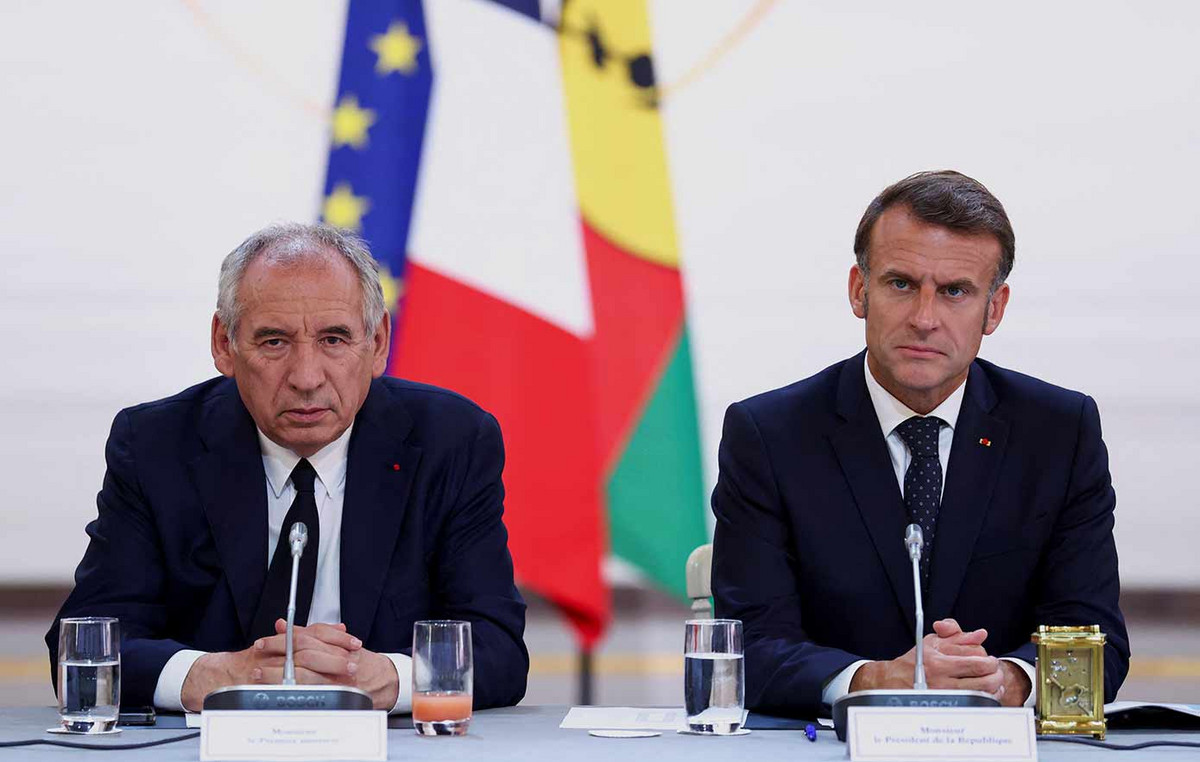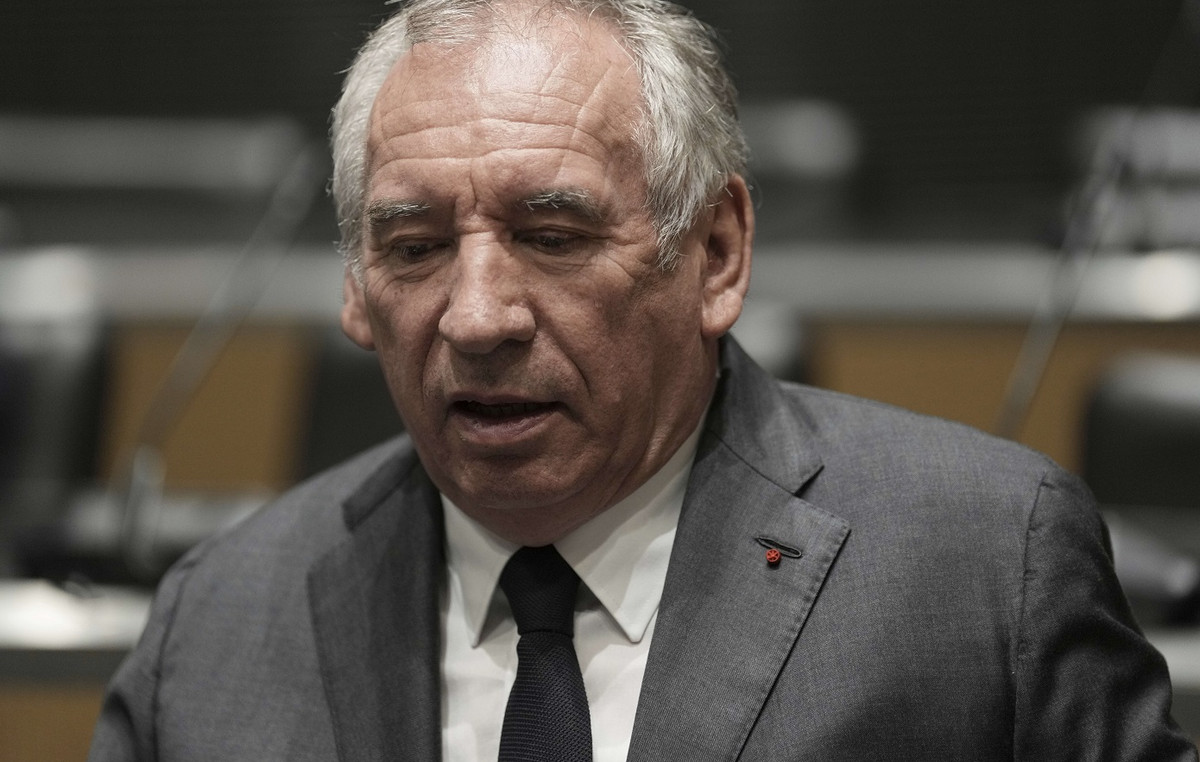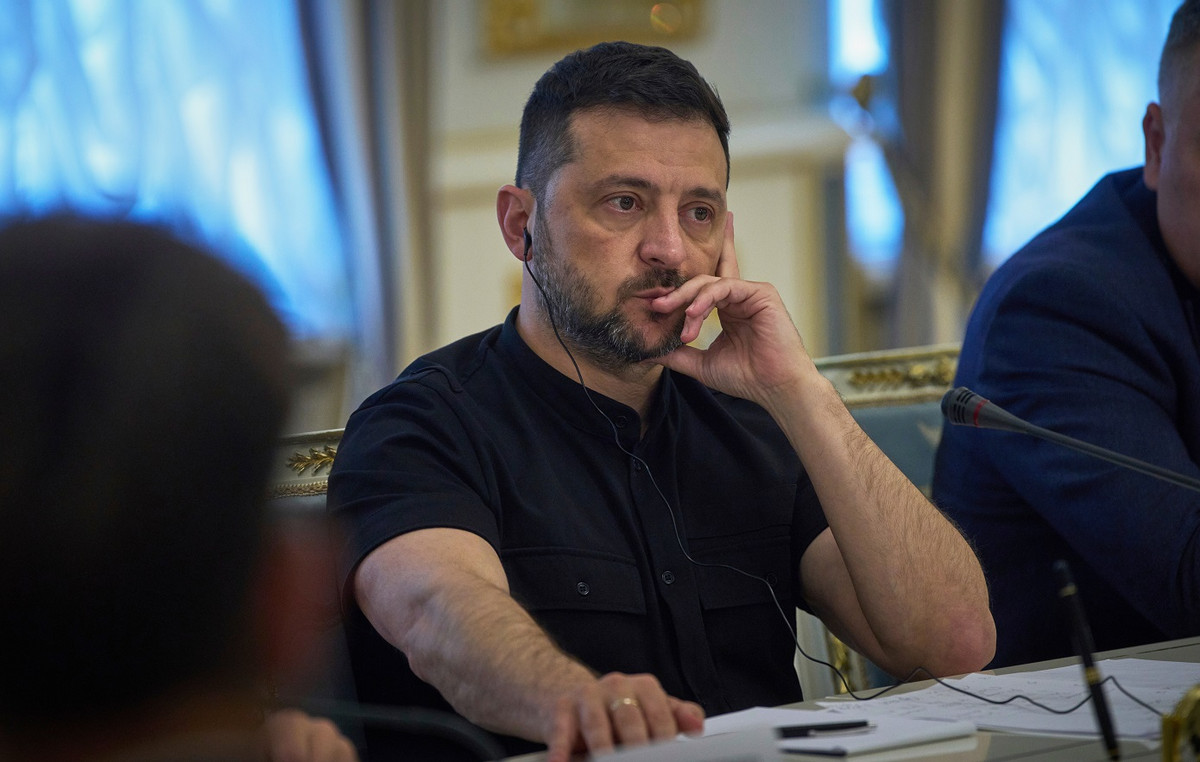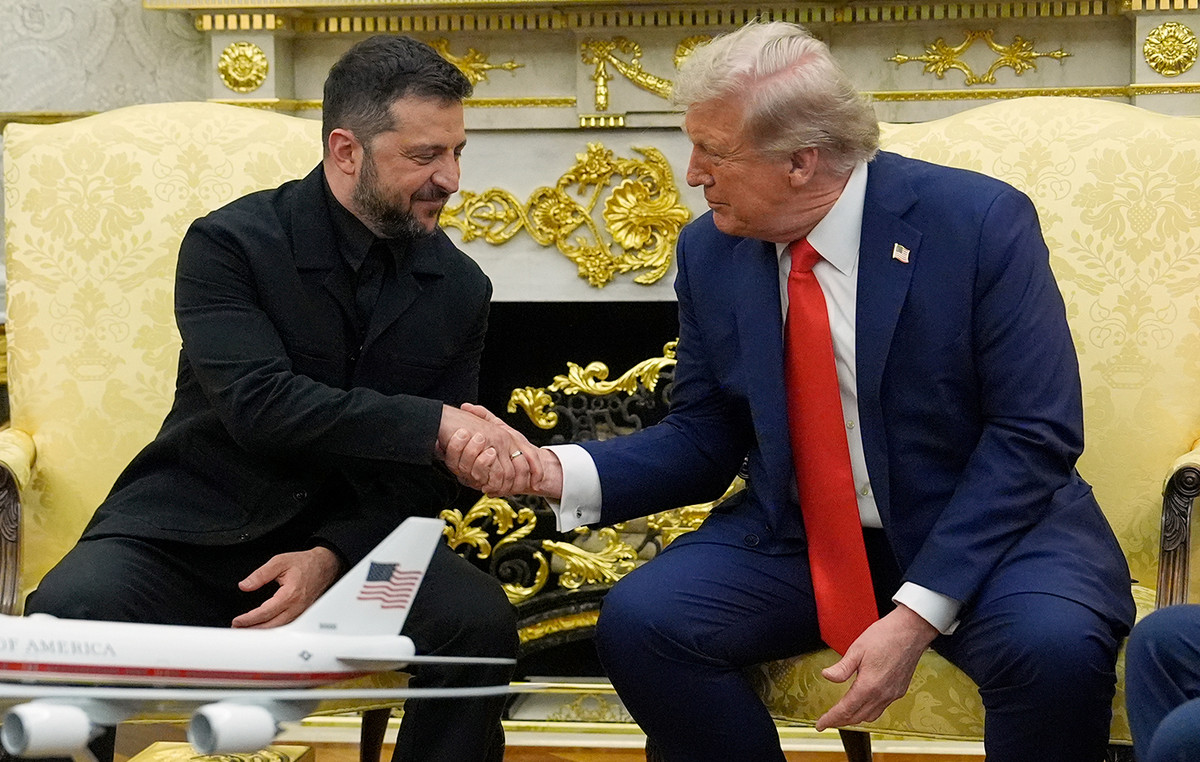Organized crime and violence are delaying development in Latin America, the World Bank warned its economic report from Latin America and the Caribbean of April 2025.
In the document, the financial agency says that organized crime and violence today represent “a barrier to the development” of these countries.
In addition, the report also points out that the practice has expanded beyond drug trafficking, covering “trafficking in people, money laundering, firearm trafficking, extortion, illegal mining and cyber crimes.”
“Organized crime is rapidly proliferating throughout the region, transcending national borders and becoming a widespread threat,” said Carlos Felipe Jaramillo, vice president of the World Bank for Latin America and the Caribbean.
“This is no longer an isolated problem. It requires regional and global dialogue to promote solutions and mobilize our expertise and collective resources,” he added.
The report adds that this problem is fueled by lack of economic opportunities and political participation, especially among the most vulnerable populations.
The lack of quality jobs, coupled with contexts of domestic and social violence, facilitates the recruitment of young people by criminal organizations that offer them greater income, career prospects and forms of personal recognition that legal markets cannot guarantee.
“The reforms necessary to create these opportunities have been postponed for decades, and the region is now paying a high price in the form of increased crime, loss of economic growth and stagnant development,” the report argues.
“Combating organized crime is not just a matter of law application; it is a priority of development,” says William Maloney, chief economist for Latin America and the Caribbean of the World Bank.
As for the prison system, the World Bank emphasizes that arrests are overcrowded, many detainees have not been convicted, and in many countries criminal groups have taken control of arrests.
“In this context, the ineffectiveness of the judicial system, combined with institutional fragility and weak and poorly strategic security forces, contributes to a vicious cycle that encompasses widespread social, economic and political disadvantages,” the document adds.
According to the report, the region is expected to grow 2.1% by 2025 and 2.4% by 2026, becoming the lowest growth forecast in the world.
Reforms to combat organized crime
The World Bank notes that the fight against organized crime in Latin America and the Caribbean requires the strengthening of the state’s capacity through police reforms.
These improvements include in the prison system and strengthening of court proceedings, as well as the promotion of economic policies that generate employment and offer real alternatives to young people through better education and vocational training.
The report emphasizes the importance of producing long -term research to guide government decisions, warning that the lack of consistent and comparable studies make it difficult to develop effective policies.
This content was originally published in World Bank: Crime and Violence delay Development in Latin America on CNN Brazil.
Source: CNN Brasil
Bruce Belcher is a seasoned author with over 5 years of experience in world news. He writes for online news websites and provides in-depth analysis on the world stock market. Bruce is known for his insightful perspectives and commitment to keeping the public informed.







